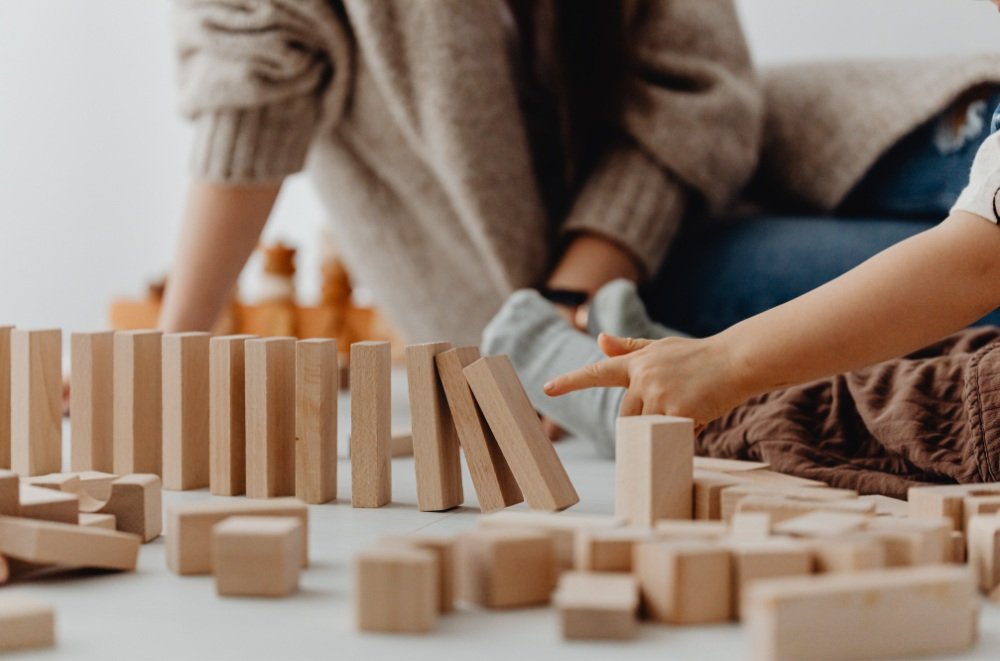
Pediatric Mental Health Blog
© 2025 COPYRIGHT NOTICE: All original resources, content, and materials produced and displayed on this website are the intellectual property of Child Therapy Guide. These resources are protected by copyright laws and are intended for personal, non-commercial use. Unauthorized reproduction, distribution, or any other unauthorized use of the content without explicit permission from Child Therapy Guide is strictly prohibited. Users are encouraged to enjoy and utilize the resources responsibly, respecting the copyright and intellectual property rights associated with the content. For any inquiries or requests regarding the use of our materials, please contact us through our contact form.

Summer Counseling Activities
Summer is great time to engage with kids in fun, creative ways! Through play-based learning, art prompts, nature exploration, mindfulness exercises, and team-building games, kids can grow, connect, and thrive during summer break.
Check out our summer recommendations and free printable activities!

Navigating Childhood Friendships
Exploring a child’s interactions with peers can be a glimpse into their emotional well-being and social functioning. These early relationships are where children practice empathy, navigate conflict, and form a sense of identity outside the family unit.
Read on to learn more about helping kids to prepare for and manage social challenges!

Play Therapy: Cooperative Play
Cooperative play is a form of play that requires working together towards a common goal. It often involves teamwork, communication, and problem-solving skills. This type of play encourages collaboration and helps kids develop social skills as they learn to negotiate roles, share ideas, and support one another through collective effort.
In play therapy, the act of working together in a safe environment allows children to develop a sense of belonging and confidence, which can enhance emotional resilience and overall well-being.
